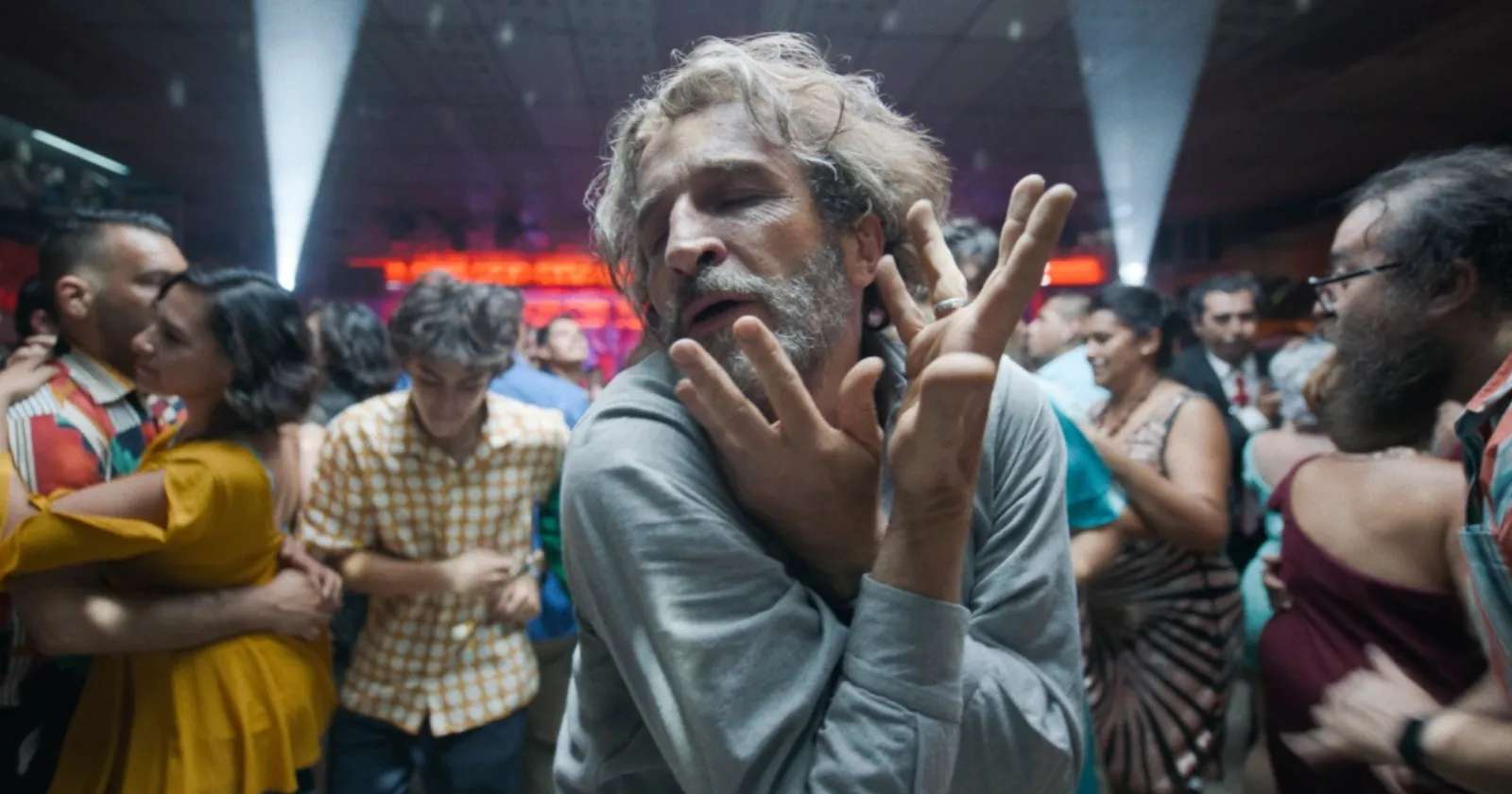Bardo, False Chronicle of a Handful of Truths does not dig as deep as Alejandro González Iñárritu wants you to believe. The movie struggles to build enough connective tissue that conjures any real emotion.

‘Bardo, False Chronicle of a Handful of Truths’ Review
Quickly after the title card of Alejandro González Iñárritu’s latest film Bardo, False Chronicle of a Handful of Truths is it clear what drove the acclaimed Mexican filmmaker and visionary to make such a sweeping and epic story about the artistic complex of an award-winning professional. After all, the director and writer of Birdman or (The Unexpected Virtue of Ignorance) and The Revenant received his fair share of awards recognition for pieces basking in ingenuity and complete originality.
But there’s clearly something that gets under the skin of Iñárritu about the way he is portrayed amongst the film bros and critics of the world. Perhaps that he isn’t mentioned amongst the greats of this generation nearly as much as he thinks he should be, or perhaps that he believes his films are misconstrued or misinterpreted by a larger audience waiting to bury him with each passing release. Needless to say, if it’s the ladder, he’s supplying his own shovels for the mob.
It’s not that Bardo is wholistically bad, because it certainly is not, but Iñárritu is presenting every one of his ideas at a breakneck pace without cooking it all the way through. A microwaved story of a journalist turned documentary filmmaker struggling with his own weight and power during a trip back to Mexico before receiving an international award, it is clear from the onset that “Bardo” is a statement on Iñárritu himself – how he interprets his own success and how he feels others do as well. But for this film critic (and I use critic in a very lighthearted way), it comes off as a filmmaker making a handful of excuses for himself.
The best possible scenario for a film like “Bardo” has been achieved before. Federico Fellini’s 8 ½ is often cited as one of the medium’s crowning achievements (#31 on Sight & Sound’s recent entry), and Terrence Malick’s best works often are some of the bests of their own particular decade. It’s easy to see where Alejandro González Iñárritu is drawing the inspiration for “Bardo,” but to be inspired is simply not enough to pull off your own surrealist deep dive into the complex mind of a troubled artist.
There’s a lot to commend about Iñárritu’s latest film outside of the story. Daniel Giménez Cacho stars as Silverio Gama, the prized writer getting ready to become the first Latin American to receive a specific prestigious award for journalism. Not only does “Bardo” ask Cacho to do quite a bit, Iñárritu essentially asks him to transform into a lookalike of himself. Cacho is quite a revelation in the film, pulling off one intensive and manipulative scene after another. In a film that struggles to tie each scene together in any meaningful way, Cacho is one of the few holdovers that work from beginning to end.
The other largely successful aspect of “Bardo” comes at the hands of esteemed cinematographer Darius Khondji (Se7en, Uncut Gems). Every shot in Bardo is absolutely stunning, and that’s putting it mildly. There’s intense care and design with each moving scene, and the depth in each setting is truly astounding. Iñárritu has always delivered great visuals in his stories – it’s mostly what makes each of his films feel like events, and it is what still makes an otherwise incohesive tale feel structurally together.
But speaking of structure and story, “Bardo” falls way too short here to make any impact. The foundation is crumbling from the opening frame and Iñárritu stuffs this thing with too many ideas and concepts about his own personal journey, At times, it is sincere and beautiful, but at others, I couldn’t help but roll my eyes. Its surreal aspects don’t add up to much beyond a filmmaker trying his hardest to put you in his shoes and understand that it isn’t easy being him despite his success.
READ MORE MOVIE REVIEWS: The Banshees of Iniserhin, Causeway, Pinocchio
There’s a lack of narrative force in “Bardo” and it really holds me back from giving it a hearty recommendation. Alejandro González Iñárritu is going to turn away casual Netflix viewers with this one, and it seems like he’s turning away a majority of critics as well with its mixed word of mouth out of the Venice Film Festival. Iñárritu is generally a safe bet come awards season, but I struggle to find where ”Bardo” may compete at this year’s Academy Awards. Perhaps an International Feature nod is in the cards, but I venture to say that that would be because of the name attached to the film more than the film itself. Here’s to hoping Iñárritu’s next film isn’t about the artistic complex after being snubbed from awards.
Rating: 3/10
Bardo, False Chronicle of a Handful of Truths (2022)
- Cast: Daniel Giménez Cacho
- Director: Alejandro González Iñárritu
- Genre: Comedy, Drama
- Runtime: 159 minutes
- Rated: R
- Release Date: December 16, 2022
- Movies Like Bardo: EO, Decision to Leave, Empire of Light